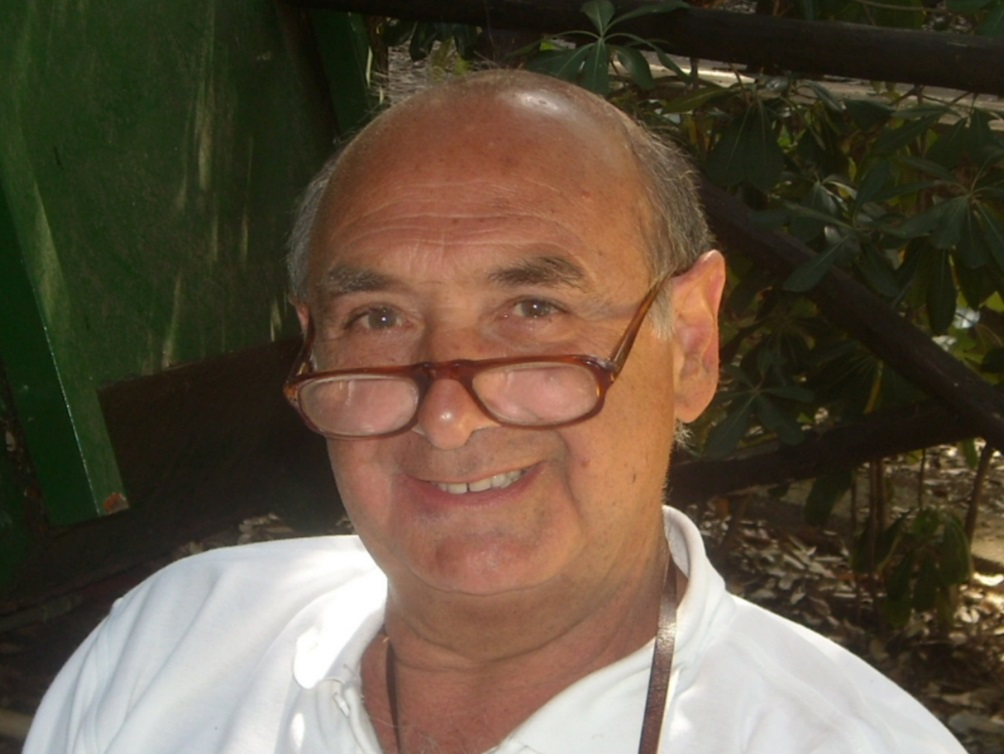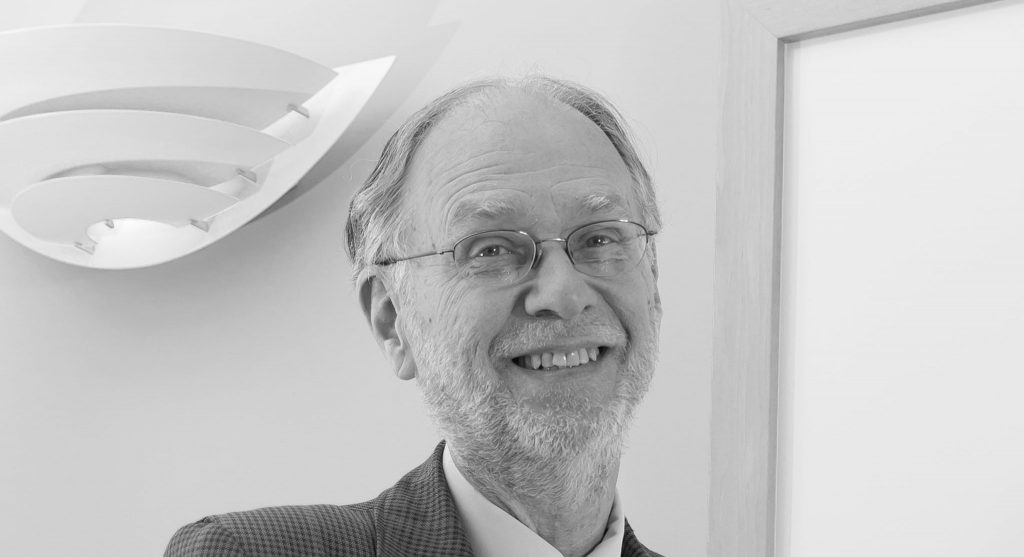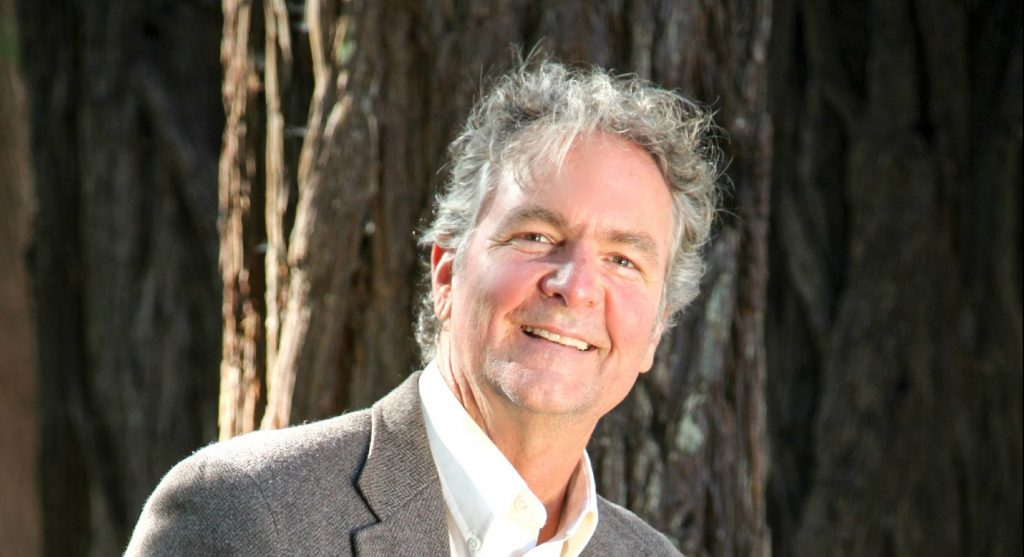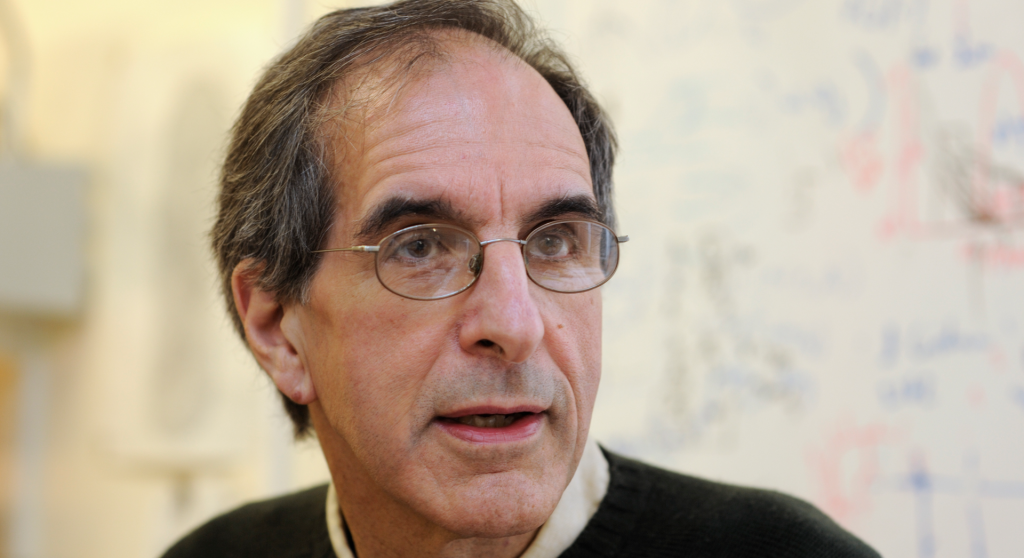Alessandro Portelli

Alessandro Portelli
Past: Retrieving the Past – Historians and their Sources
Prof. Alessandro Portelli, a leading practitioner of oral history, is Professor Emeritus, Università di Roma “La Sapienza”.
His imaginative work demonstrates the value of an ethnographic approach to the modern past. The Death of Luigi Trastulli (1991) begins with the case of the 1949 killing of a trade union protestor as an as an opportunity to compare and juxtapose perspectives; it presents a conflicting collage of print reports to remind us that print is not more immune to falsehood than oral sources.
In 1999, he published L’ordine e stato eseguito (the Order Has Been Carried Out) about the massacre of 355 Jewish and non-Jewish civilians by Nazis in a suburb of Rome in 1944. It is a legendary event in Italian collective memory.
Portelli examined numerous oral accounts to reconstruct the horrific events and their political uses in subsequent decades. What made the book so striking was not just the myth-shattering story, but the fact that many of the witnesses got the facts wrong; memories and facts were so clearly at odds. Yet, instead of discarding their accounts, Portelli made the witnesses into what he called the “narrators” – re-shapers of the past whose “creative” recollection enriches our understanding of the way the past continues to live long after events have taken place. The book became one of the most influential models of oral history for historians everywhere. Guided by Portelli’s books and methodological essays, they began to deploy oral history as a powerful tool with which to recreate the past.
In 2010, Portelli published They Say in Harlan County, a portrait of an American coal mining district in decline, a living chronicle of a fading provincial world coping with deindustrialization and globalization. Portelli broadens historical knowledge by offering a fresh and original look at hitherto neglected sources.
To Portelli, the slips, associations, and downright mistakes of witness and ethnographic accounts tell us more about the meaning of an event than simply what happened. No one has written more thoughtful, insightful, methodological reflections on the promise and perils of oral history. In our “age of memory” as some have called it, Portelli makes sense of its living sources as no other historian has done. He has highlighted the intimate link between oral histories and collective memories. For in oral history, people are sources and sources are people.
Prof. Portelli was awarded the Viareggio Prize as well as an Oral History Association award.


